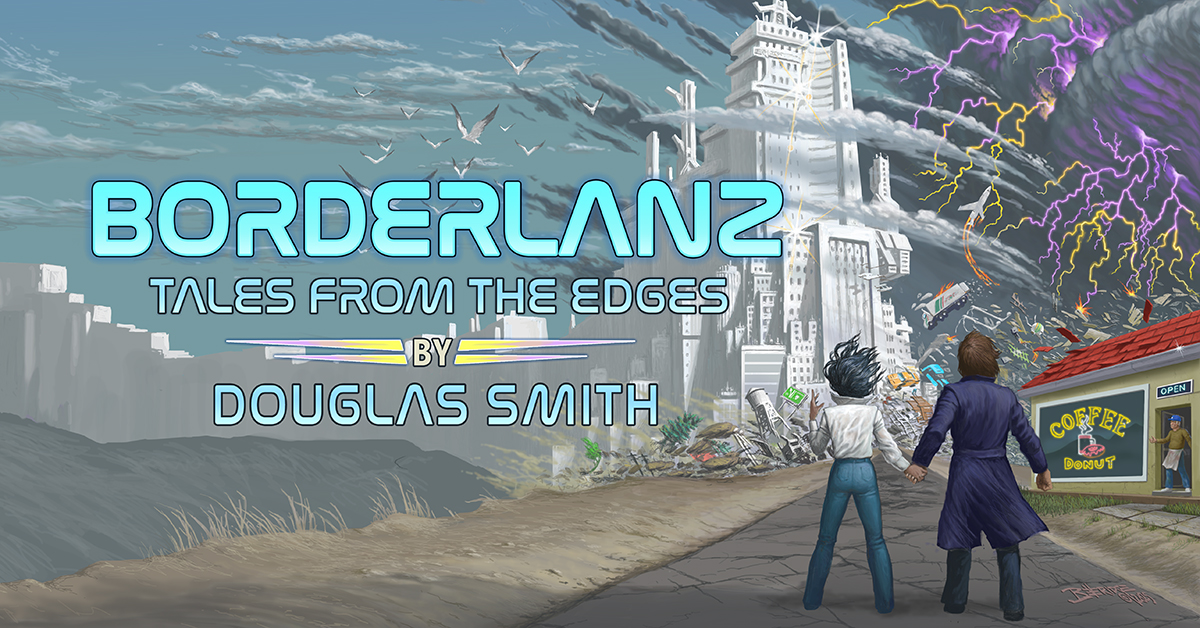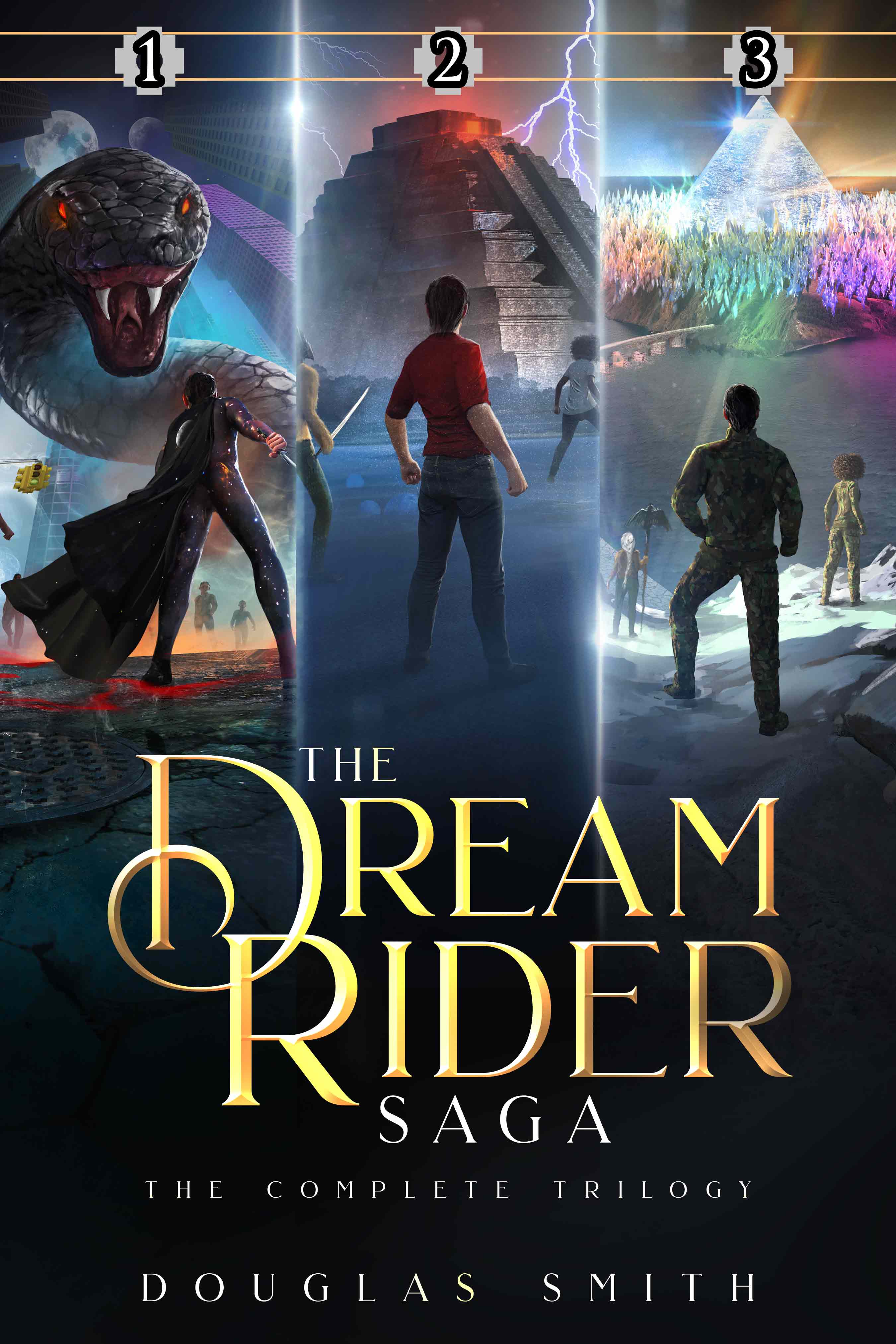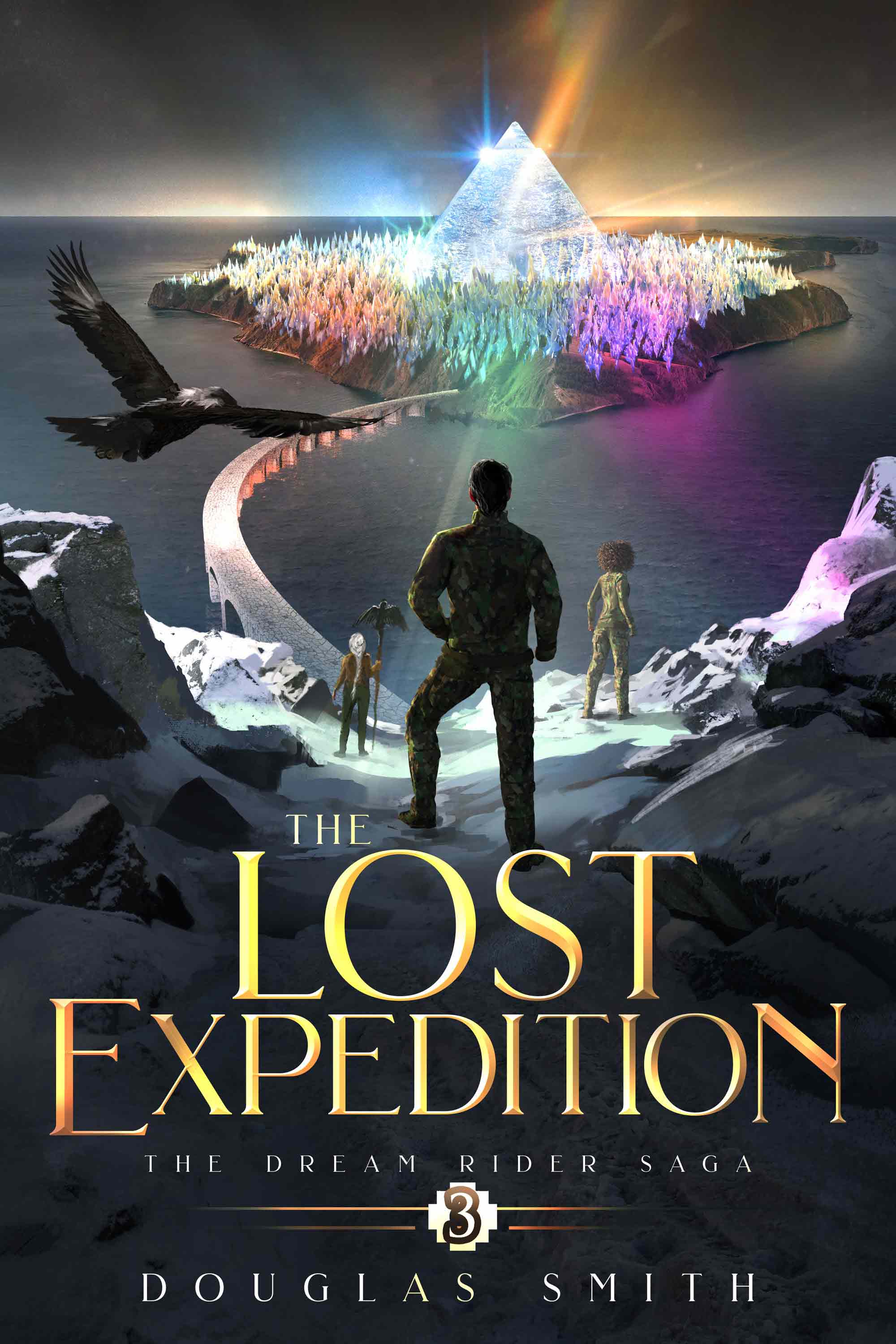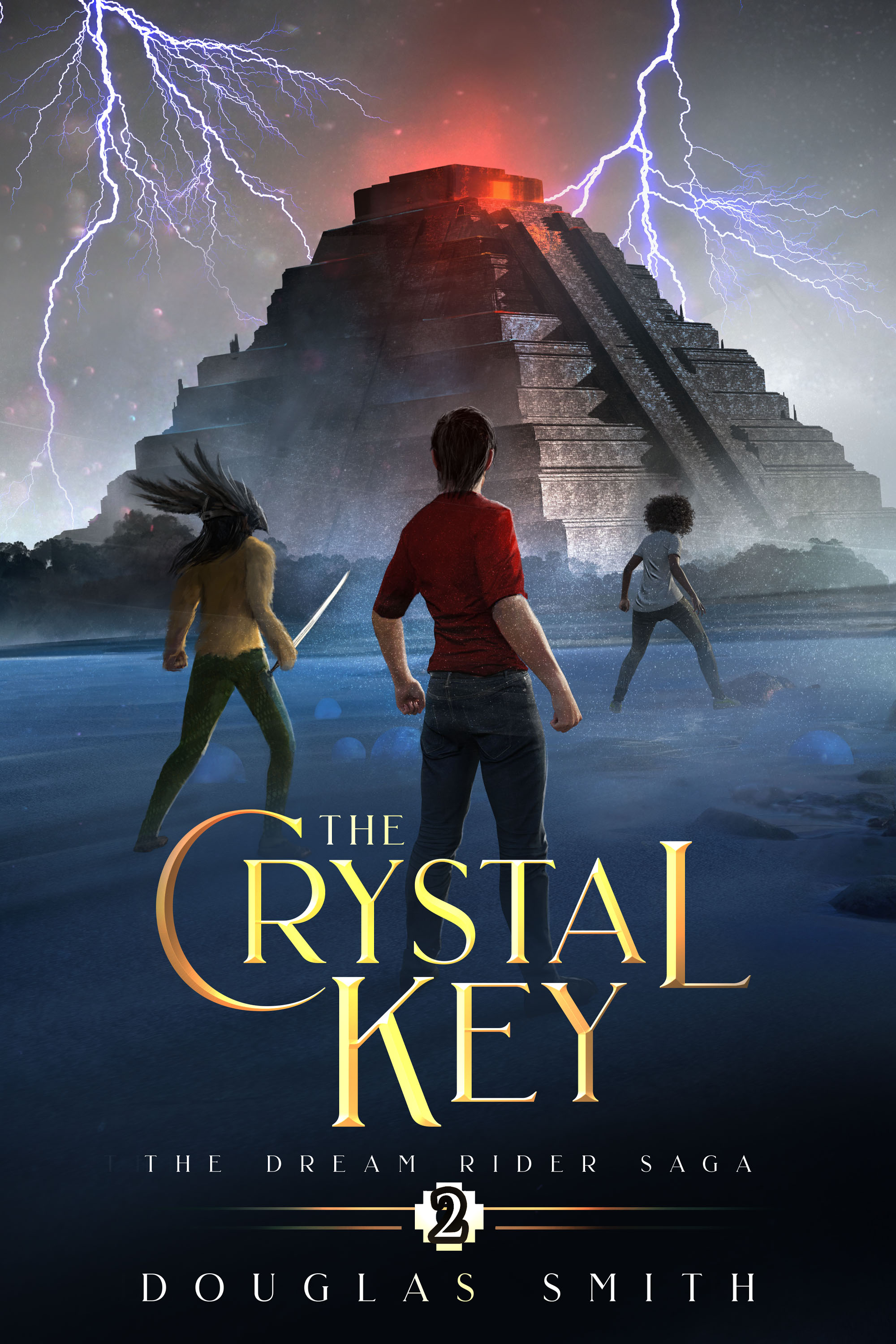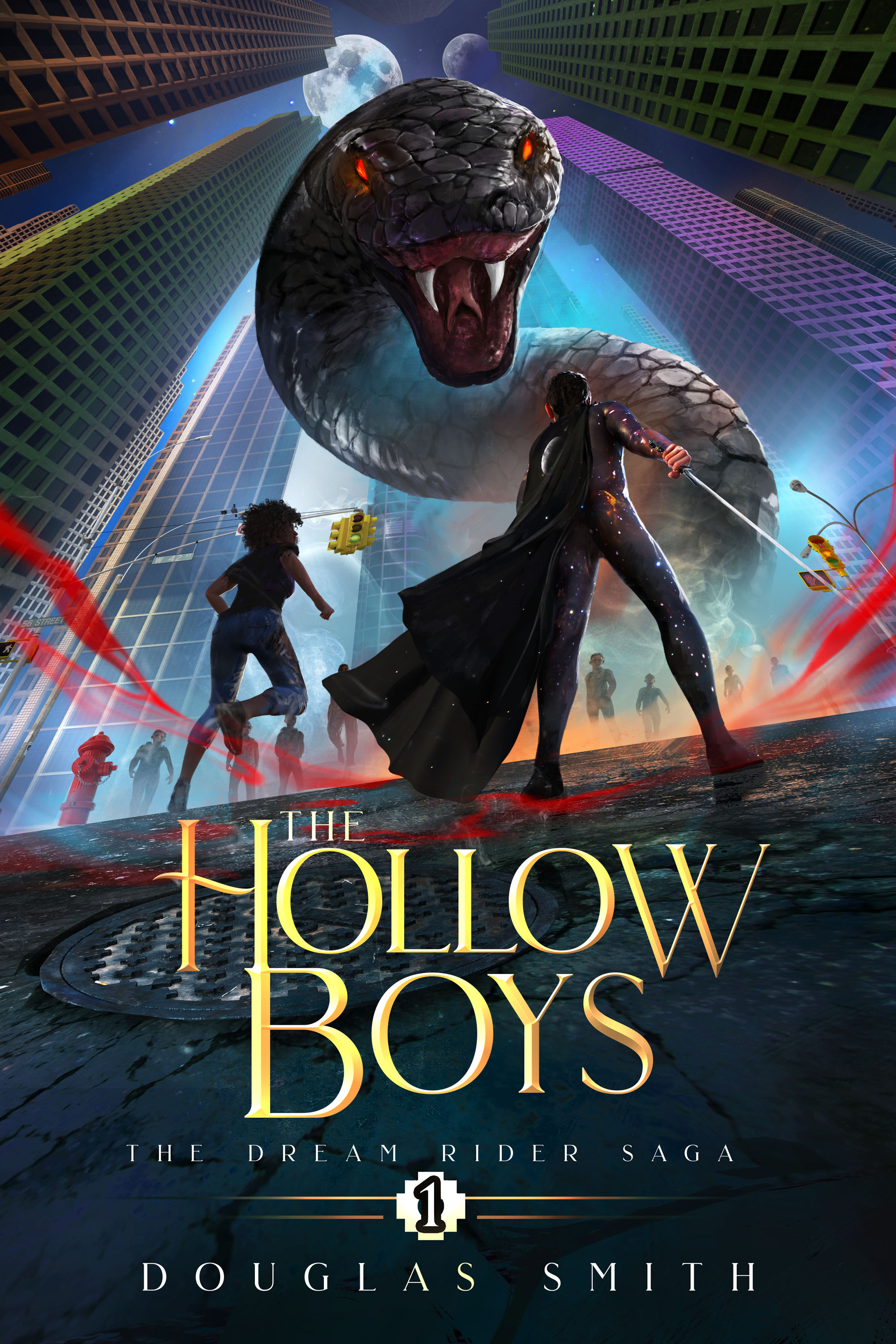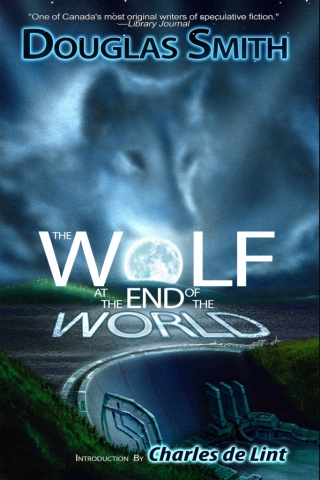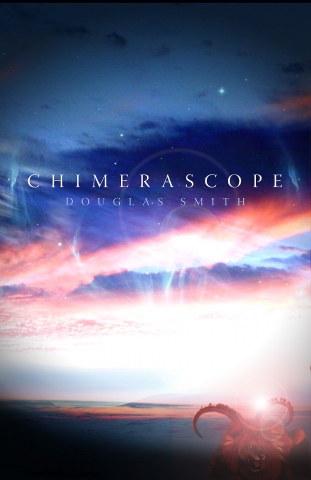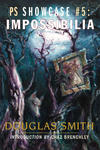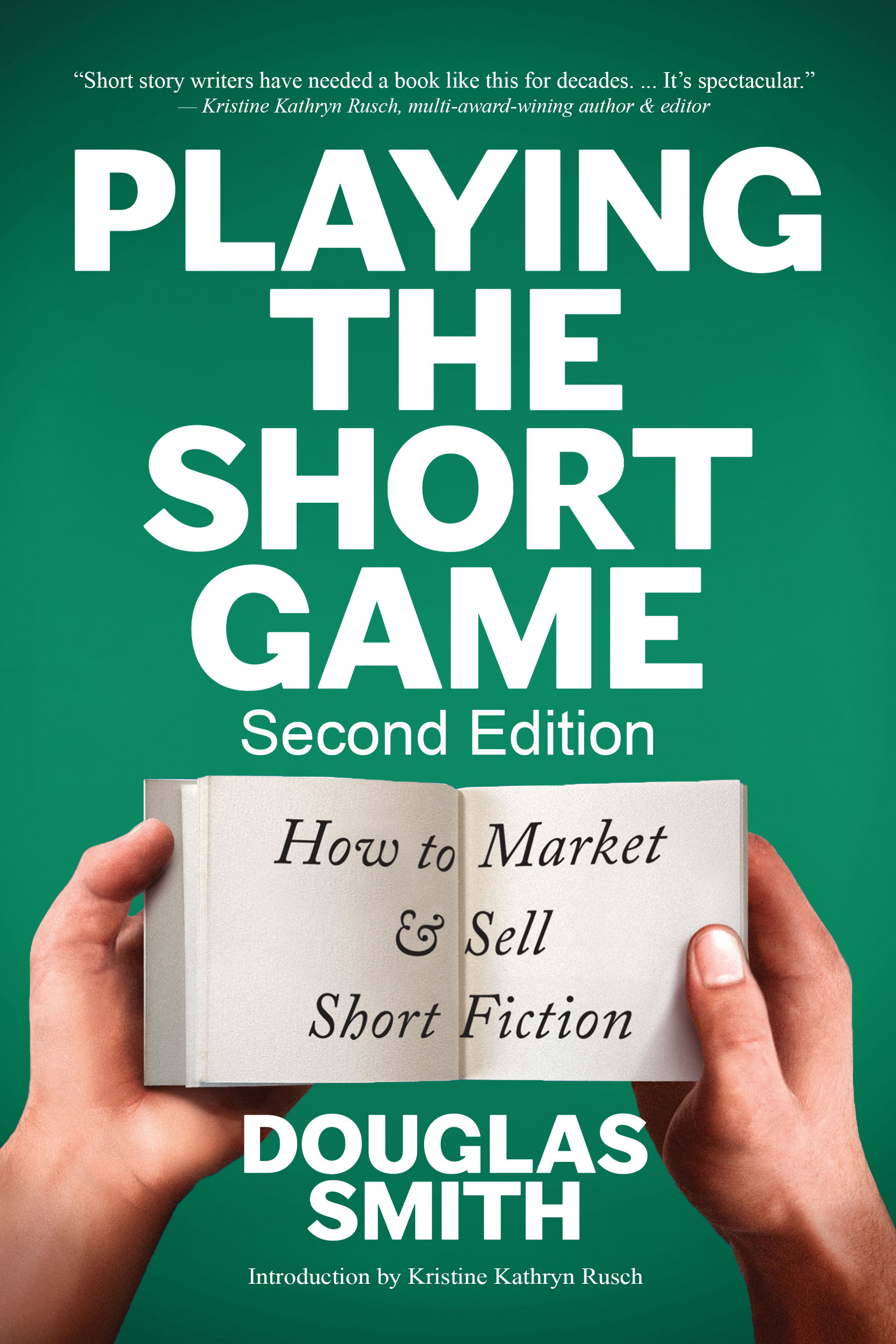"The Dancer at the Red Door" Interview: Q #9
Mark Leslie Lefebvre interviews me on Facebook regarding my Aurora-nominated story, "The Dancer at the Red Door"...
MARK: Thanks for sharing the link, Doug. I've sent several writers to it in the past few years as the best foreign language market reference I've seen on the web.
When I was reading DATRD I wondered if the Society of the Red Door might have been inspired by some sort of real-life entity, or if it was symbolic in nature. I'm curious about this but also about your views on how fiction, particularly science fiction can be used to make comments on our society and history.
DOUG: My exposure to Toronto's various downtown business clubs from my non-writing corporate career certainly inspired the idea of the Society, but no one club served as the model. I mean, most of them stopped doing the sacrifices and the blood drinking thing a couple of years back, once they knew for sure that the millennium hadn't brought the end of the world. I think my Society captures some of the exclusivity and inherent snobbery of those clubs. I'm proud to say that my Society never had a gender barrier--women have been able to join the Red Door for centuries.
Regarding speculative fiction's role as a tool for social commentary, I think that SF and fantasy are at their strongest when they hold a distorting mirror up to our reality (to use an analogy by the great anthologist, Damon Knight, I believe). The best spec fic can shine that mirror on an aspect of our society and reflect it back to the reader, magnifying its evils and dangers--or at least the evils and dangers as perceived by the writer.
The key thing for the writer to remember is that they are a storyteller, not a preacher. Any time a writer gets up on a soapbox, they turn me off. To keep a reader in the story, speculative fiction needs to convey that sense of wonder at the same time, a goal which is often in conflict with trying to make a serious point. My fiction tend to be written because I thought they were cool ideas, as opposed to being driven by any society-needs-to-change agenda.
That being said, some of my stories certainly reflect my concerns with our world. "Scream Angel" (and its companion story, "Enlightenment") deals with corporate imperialism and militarism as its tool, which a reader might, if they were so inclined, map onto recent foreign policy by our neighbour to the south. You know, if you wanted to make that link. But I didn't write it with the goal of delivering a message. I just extrapolated current conditions into a distorted future, then put my characters in that situation, and made them struggle to escape it--with some cool images, inter-species sex, a mind-bending drug, and kick-ass action climax. You've still got to entertain and tell a story.
My Herok'a stories all include an environmental destruction theme, with a racism sub-text, both in terms of society's fear of the shape shifters, and what white society has done to our indigenous peoples and their cultures. One of the things I'm enjoying about writing my first Herok'a novel (almost done!!) is that I have more room to weave those themes into a longer and more complex plot.
